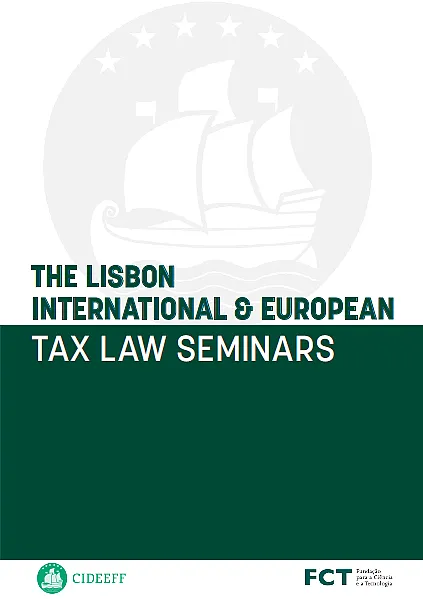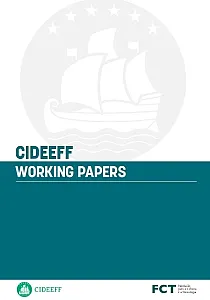Up and Down the Value-Added Tax

This paper assesses the incidence of a large and temporary increase in value-added tax for Portuguese restaurants and other catering services. In 2012 the tax increased from 13% to 23% and it was brought back down in July of 2016. Using data on all non-financial firms in Portugal between 2007 and 2018 we estimate effects upon consumers, capital owners, and workers. We show that firm-owners pass onto consumers around 40% of the VAT increase through prices while the pass-through after the repeal is zero. Resorting to a difference-in-differences strategy we find that the tax increase did not harm employees as severely as firm’s margins, leading employers
to later pocket most of the tax cut benefits.
Keywords: Value-Added Tax, VAT, Restaurants, Portugal, Fiscal Policy, Difference- in-Differences, Consumption Taxes
Recent Publications


